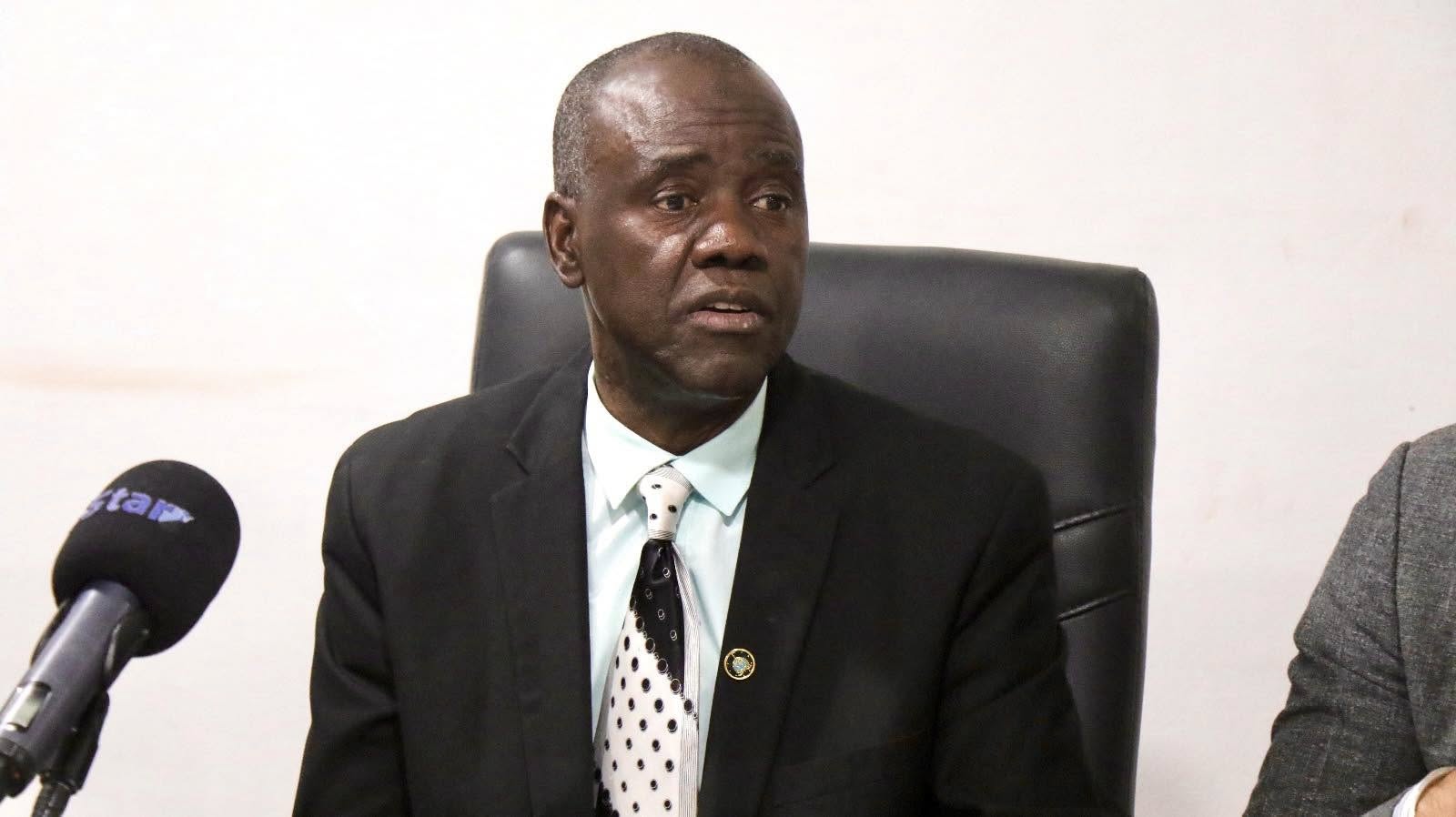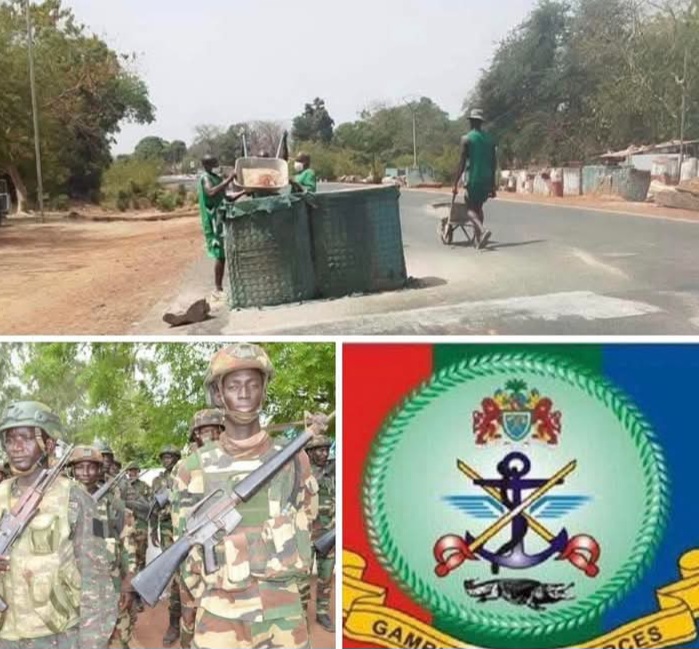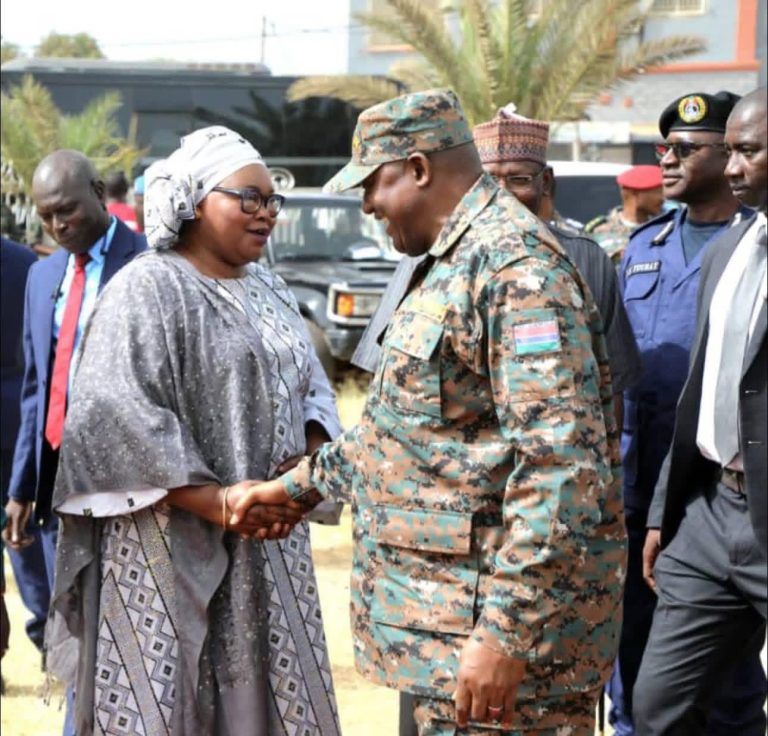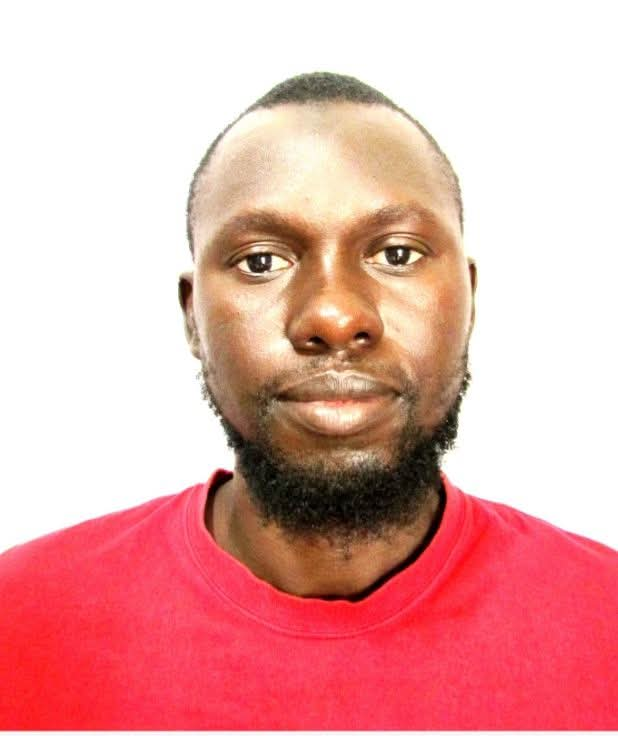
On Monday, 24th March 2025, The United Nations Office on Drugs and Crime (UNODC) in collaboration with the European Union (EU) commenced a five-day intensive training program for personnel of the Joint Airport Interdiction Task Force (JAITF) located at Banjul International Airport. The training which will run from the 24th to 28th of March 2025, aims to equip the personnel with advanced techniques to target high-risk air passengers and disrupt the illicit flow, trafficking and dealing of illicit drugs by transnational organised drug syndicates.
Participants for the training session were selected among personnel of DLEAG, The Gambia Police Force, The Gambia Immigration Department, The Gambia Customs, and State Intelligence Services, attached to the JAITF team. The training focuses on intelligence-led profiling, behavioural analysis, and interagency cooperation. The facilitators for the training session are seasoned experts with decades-long experience in airport operations. They were drawn from UNODC and JAITF (Lagos Airport – Nigeria).
Fambienne Marion Rouseille, UNODC Representative noted that the training is a rare opportunity to learn, unlearn, and relearn strategies to stay ahead. She highlighted Nigeria’s success story, where sustained efforts at Lagos Airport dismantled trafficking rings.

Mr. Raphael Brigandi, EU Deputy Head of Delegation in the Gambia praised Gambia’s Joint Airport Interdiction Task Force (JAITF) for seizing 200kg of drugs since 2020, including a recent MDMA bust. Citing a Brussels Airport case, he illustrated how passenger targeting led to a multi-country drug ring takedown: “It’s not just seizures—it’s about dismantling networks. Mr Raphael reported that the EU has supported JAITF since 2014 under its Global Illicit Flows Program, active in 41 airports worldwide. With West Africa being increasingly targeted by traffickers, the training aims at enhancing Gambia’s role as a regional security giant.
Demba Ceesay, Director General of DLEAG stressed the importance of integrity and collaboration, noting that training without ethics will not bring about any positive impact. On the need to form a unified front at the airport, the Director General implored the operatives in the field to use the sample set by the security hierarchy where there is evidence of a collective purpose to build a fortress against crime
The program concludes Friday, with expectations that participants will share ideas and transfer knowledge to peers in subsequent step-down training sessions in their respective agencies.
As transnational crimes grow more sophisticated, such initiatives highlight the critical role of international partnerships in safeguarding borders and communities.




